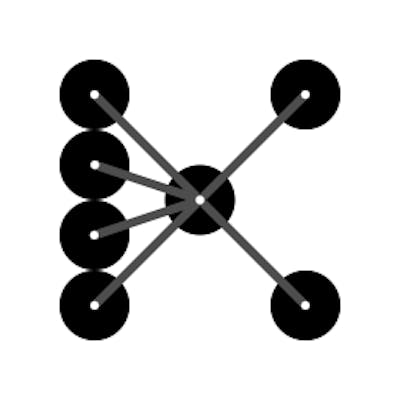Why?
I've recently been questioning how to build relevant experience to acquire a job. After taking countless experts advice I've decided to tie it all together in one place. Note that here I'm including my own insights and derived steps, to provide a personal path to future success.
You may ask why is this a vision, and the answer to that is that you're not just deciding what to work on next, you're really questioning where and who you want to be?
Can you skip to the chase?
Okay, okay, I know this sounds a little wishy-washy, but I think it comes down to forming a simple procedure:
- Discover specific areas you want to work in
- Tip: Start generic (i.e. data science) and then narrow it down as you go (i.e. specifically NLP within data science)
- Find where you want to be/what you want to do
- Set a vision of your future work (a long-term goal)
- Find out how you can work your way to becoming this person
- Work and get paid
Finding Purpose
Data science or machine learning are broad, overarching terms, which are quite ambiguous and so need to be further researched. Now I don't mean deciding whether to decide on being a machine learning engineer or data scientist since these terms are often mixed up. Instead find domains (like finance, health or security) to work in. The hope is that narrowing down your options allows you to define focal points or qualities of what to be. These will form your vision.
The way I narrowed my options down was to create a Trello board where I listed, sorted and described companies around me. I took this one step at a time, first searching startups near me, reading about them (on their websites), ordering them, adding extra details (like positions mentioned) and finally entering their domains. Please note that you can't categorize all companies, as some are just too new/unique, however, consider leaving these aside for now (you should have plenty of others).
Gaining Skills
To understand how to make your vision real you'll need to take the domains from before and discover what resources already exist about them. From here you should be able to decide which data sets you can access, and the common tasks completed on the job (like data cleaning). The reason we prefer this overlooking through the Iris data set is that everyone follows tutorials. You want to stand out with projects which are both achievable and somewhat unique.
Becoming Employable
Technical knowledge and an ability to problem-solve don't directly make you employable. This is because there are a plethora of other skills which can undermine one's ability to solve difficult problems. The important ones here are:
- Technical (everything above)
- Communication
- Business/Domain Specific
- Personal development
You can demonstrate your ability to communicate through writing blogs, writing documentation for your projects/making them publicly available and more. For business/domain-specific skills I think you just need to research and apply your skills (with projects). Finally, personal development is building yourself, something I've already discussed in my previous blog on soft skills.
THANKS FOR READING!
Now that you've heard me ramble, I'd like to thank you for taking the time to read through my blog (or skipping to the end). I hope this helps to figure out what's needed to get a data science job.
Cover image sourced from here

